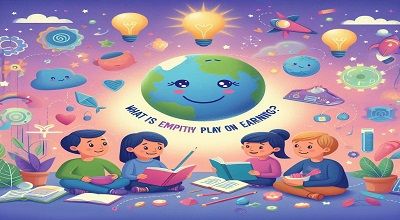Role of Empathy Play In Learning
Role of Empathy Play In Learning as it enhances the overall educational experience and contributes to personal and social development. Here are some ways in which empathy is integral to the learning process:
Understanding Others’ Perspectives:
Empathy allows individuals to see things from different viewpoints. This skill is particularly important in subjects like literature, history, and social sciences where understanding various perspectives is essential for a comprehensive grasp of the subject matter.
Effective Communication:
Empathy fosters effective communication. When learners can understand and share the feelings of others, they are better equipped to communicate their ideas and thoughts clearly. This is important in both verbal and written communication, as it helps in expressing oneself more comprehensively.
Building Positive Relationships:
Empathy contributes to the development of positive relationships among students, between students and teachers, and within the learning community as a whole. A positive and supportive learning environment is conducive to effective learning.
Teamwork and Collaboration:
In collaborative learning environments, empathy is vital for successful teamwork. Understanding and appreciating the perspectives and contributions of others can lead to more effective collaboration and group work.
Social and Emotional Learning:
Empathy is a key component of social and emotional learning (SEL). It helps learners develop self-awareness, self-regulation, and interpersonal skills, which are crucial for success both in and outside the classroom.
Conflict Resolution:
Empathetic individuals are better equipped to navigate conflicts and disagreements. In a learning environment, this skill is essential for resolving disputes among students, promoting a positive atmosphere that is conducive to learning.
Cultural Competence:
Empathy plays a significant role in developing cultural competence. It enables learners to appreciate and understand diverse cultures, fostering a more inclusive and tolerant learning environment.
Motivation and Engagement:
Teachers who demonstrate empathy can better connect with their students, leading to increased motivation and engagement. When students feel that their emotions and perspectives are understood and respected, they are more likely to be actively involved in the learning process.
Ethical Decision-Making:
Empathy contributes to ethical decision-making. Understanding the impact of one’s actions on others helps learners make more thoughtful and considerate choices, both academically and in their personal lives.
Summary
Role of Empathy Play In Learning: In summary, empathy enriches the learning experience by promoting understanding, effective communication, positive relationships, and essential social and emotional skills. It creates a supportive environment that fosters not only academic success but also personal growth.
